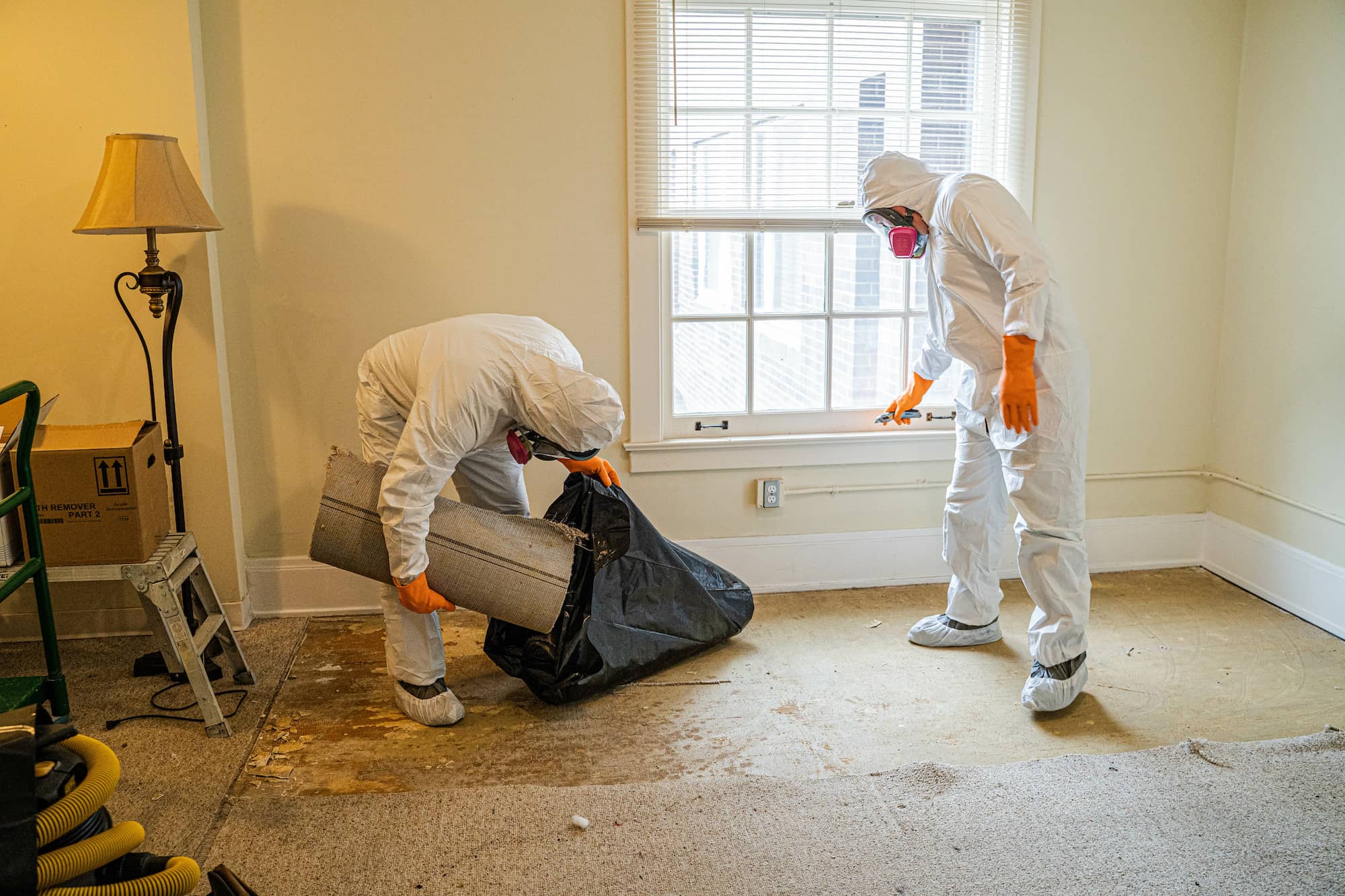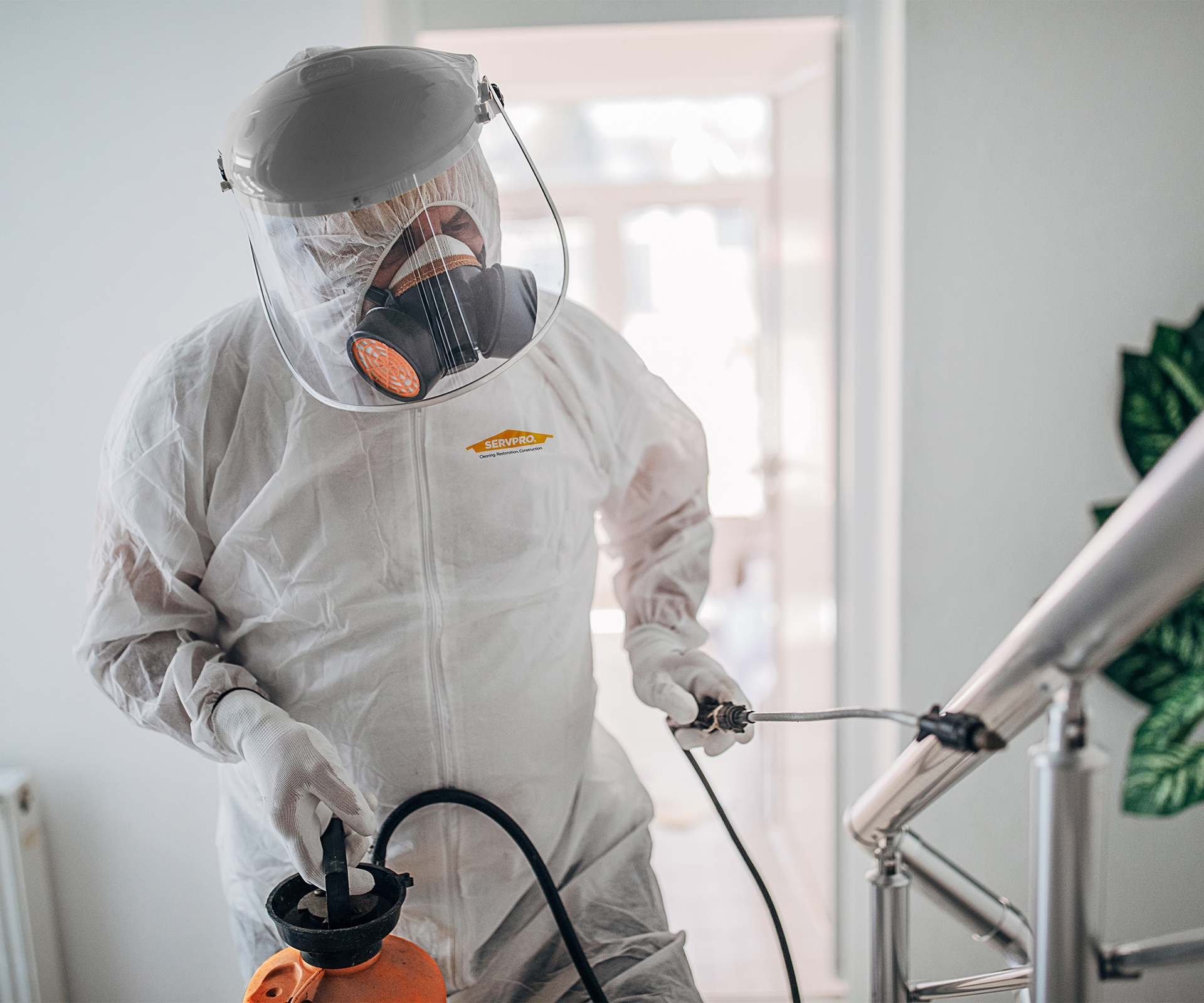Sewage Cleanup Solutions: Quick and Safe Remediation of Contaminated Areas
Sewage Cleanup Solutions: Quick and Safe Remediation of Contaminated Areas
Blog Article
Expert Biohazard Cleaning and Decontamination for Blood, Bodily Fluids, and Hazardous Products
The prospective health risks associated with exposure to biohazards emphasize the essential need for meticulous handling and thorough cleanup. As we navigate the intricate landscape of biohazard clean-up, recognizing the subtleties of policies, compliance, and the specialized devices at play ends up being critical in making sure a complete and risk-free decontamination procedure.
Wellness Threats of Biohazard Exposure
Exposure to biohazards postures significant health and wellness dangers that can cause severe repercussions for individuals and areas alike. Biohazards encompass a wide variety of biological compounds, consisting of blood, physical liquids, mold and mildew, microorganisms, infections, and various other possibly transmittable products. When people enter call with these biohazards, whether via accidents, improper handling, or environmental exposure, they face the risk of contracting major health problems or diseases.
One of the primary health risks connected with biohazard exposure is the transmission of transmittable conditions. Bloodborne virus such as HIV, liver disease B and C, and numerous germs can be present in biohazardous materials, positioning a direct threat to human health. Breathing in air-borne biohazards like mold and mildew spores or entering contact with contaminated surface areas can additionally cause breathing problems, allergies, and various other damaging wellness results.
Moreover, biohazard exposure can have long-term health implications, with some conditions showing up years after the preliminary get in touch with (Blood Cleanup). Consequently, it is crucial to prioritize correct biohazard cleansing and purification to alleviate these wellness threats and make certain the safety and security of individuals and communities

Specialized Educating for Biohazard Cleanup
When it involves dealing with biohazard cleaning efficiently and securely, specialized training plays a basic role in making sure proper decontamination treatments are followed. Biohazard clean-up needs details knowledge and abilities to properly reduce dangers connected with bloodborne microorganisms, physical liquids, and unsafe materials. Experts trained in biohazard cleaning undergo extensive direction on how to safely take care of, eliminate, and deal with biohazardous products to avoid contamination and direct exposure.
Specialized training for biohazard clean-up covers an array of essential topics, consisting of correct individual protective devices (PPE) use, bloodborne pathogen understanding, purification methods, and contaminated materials disposal methods. People learnt biohazard cleanup are geared up with the required know-how to analyze contamination degrees, recognize prospective dangers, and carry out proper clean-up procedures in compliance with regulatory standards.
Continuous training and education are paramount in the field of biohazard cleaning to remain upgraded on the current purification innovations, safety protocols, and regulations. By buying specialized training, biohazard cleaning experts can successfully react to emergency situation cleaning circumstances and secure both public health and wellness and the atmosphere.
Value of Appropriate Decontamination Techniques
Making use of appropriate decontamination strategies is crucial in biohazard cleaning to properly minimize and eliminate hazardous products wellness threats. Reliable purification not just makes certain the elimination of noticeable traces of blood, physical fluids, and other biohazards however also targets undetectable pathogens that might position serious wellness risks otherwise correctly eliminated. By adhering to rigorous purification methods, trained specialists can substantially reduce the danger of direct exposure to dangerous bacteria, infections, and bacteria that might bring about conditions or infections.
Appropriate purification techniques include using specific tools and anti-bacterials that are specifically created to neutralize biohazards efficiently. Thorough cleaning and disinfection of infected areas are necessary to prevent the spread of microorganisms and ensure a secure environment for passengers. In addition, the correct disposal of biohazardous waste complying with purification procedures is crucial in preventing contamination of other surface areas or individuals.

Equipment and Tools for Safe Clean-up
When dealing with blood, bodily liquids, or unsafe products, biohazard cleaning professionals count on find more information specialized equipment to reduce direct exposure threats and completely decontaminate the affected location. In addition, biohazard cleaning packages including anti-bacterials, absorbent products, and biohazard bags are used to securely dispose and consist of of contaminated items.
Advanced cleansing tools like hospital-grade disinfectants, HEPA-filtered vacuum cleaners, and fogging devices are used to sanitize surface areas and remove biohazards successfully. Specialized tools such as sharps containers and biohazard garbage disposal containers are utilized to safely take care of sharp things and biohazardous waste materials. By using the right tools and tools, biohazard cleaning specialists can guarantee a thorough clean-up process that prioritizes safety and security and reduces wellness dangers for both employees and occupants of the damaged space.
Laws and Compliance in Biohazard Cleaning
Correct adherence to policies and conformity criteria is paramount in biohazard cleansing to ensure the security of both employees and the environment. Government firms such as OSHA (Occupational Safety And Security and Health Administration) and the EPA (Environmental Defense Agency) have developed details guidelines for biohazard cleanup treatments to lessen wellness threats and environmental contamination. These regulations cover a variety of elements consisting of the handling, transportation, and disposal of biohazardous materials, in addition to the essential training and protective devices required for workers associated with the cleaning procedure.
Biohazard cleaning companies should remain updated with these laws to guarantee that their operations meet the called for security standards. Failure to abide with these laws can cause serious repercussions, including penalties, lawful action, and jeopardizing the health and wellness of individuals and the setting. By news adhering to rigid guidelines and compliance measures, biohazard cleansing business can efficiently minimize threats and make certain a safe and comprehensive cleanup procedure for all celebrations involved.
Conclusion
In conclusion, biohazard cleansing and purification require specialized training, correct strategies, and adherence to guidelines. Exposure to blood, bodily liquids, and harmful materials postures substantial health and wellness risks, making it crucial to make use of the ideal equipment check my reference and devices for safe clean-up. By following rigorous protocols and guidelines, specialists can efficiently minimize the dangers connected with biohazard exposure and make sure the safety of both themselves and others.
As we navigate the detailed landscape of biohazard cleanup, comprehending the nuances of policies, conformity, and the specialized devices at play comes to be important in making certain a comprehensive and secure decontamination process. (Blood Cleanup)
When it comes to managing biohazard cleanup effectively and securely, specialized training plays a fundamental function in making sure correct decontamination procedures are complied with.Making use of correct decontamination techniques is essential in biohazard clean-up to successfully remove hazardous materials and reduce health dangers. Additionally, biohazard cleaning sets consisting of anti-bacterials, absorbent products, and biohazard bags are made use of to securely contain and get rid of of infected things.
Federal government firms such as OSHA (Occupational Safety and Health Management) and the EPA (Environmental Defense Firm) have actually developed certain standards for biohazard clean-up procedures to minimize health risks and ecological contamination.
Report this page